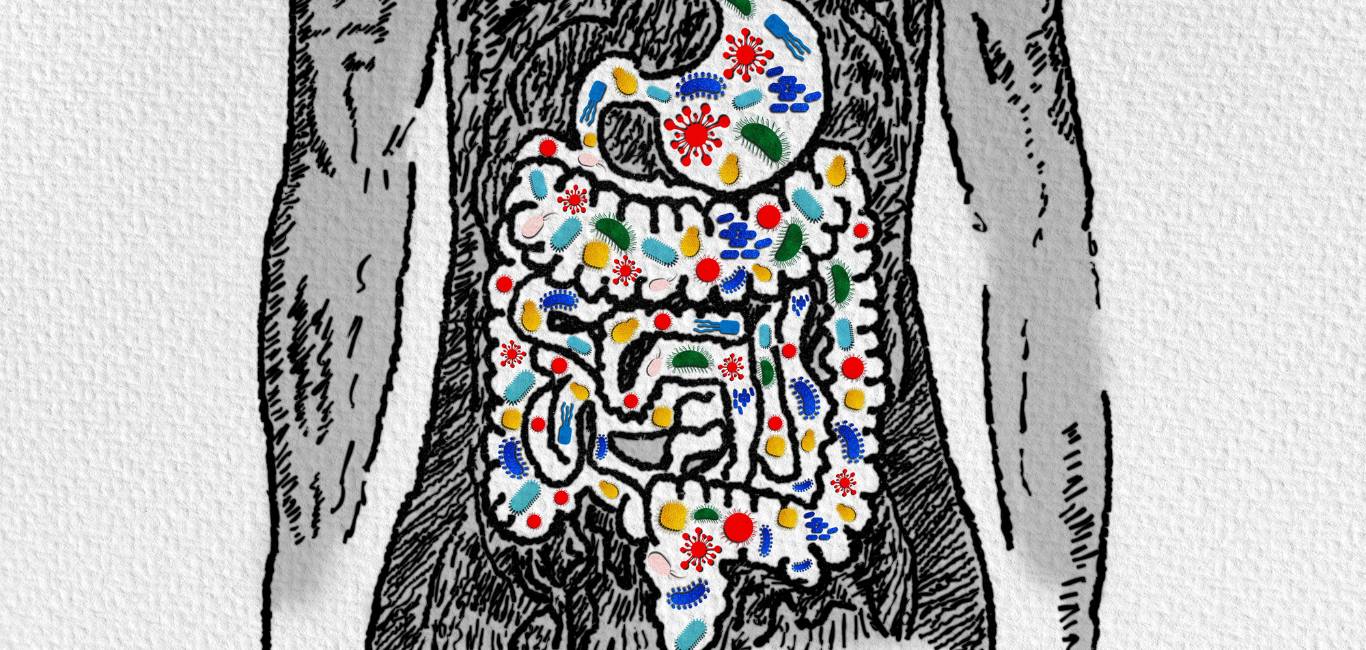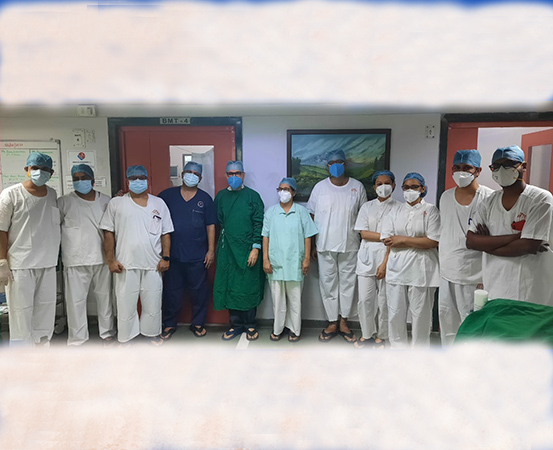
Antibiotics are often prescribed to individuals with cancer before they undergo CAR-T cell therapy. However, recent research suggests that this could harm their survival chances.
Researchers from the University Clinic Tuebingen and the MD Anderson Cancer Center found that exposure to broad-spectrum antibiotics before CAR-T cell treatment led to lower survival rates and increased tumour spread.
Also Read: How the gut microbiome is linked to overall health: Prof Arjan Narbad
The study identified a link between a healthy gut microbiome and better treatment outcomes, highlighting the potential importance of gut health in cancer therapy.
Scientists worldwide have been studying interactions between our gut microbiota and different physiological functions. Studies have shown that gut dysbiosis could lead to an increase in inflammatory responses within the body, resulting in a variety of health conditions. Based on this, the researchers hypothesised that antibiotic-induced gut microbiome injury could worsen cancer progression in individuals with solid tumours.
The team analyzed 172 individuals from the US and Germany who underwent CAR-T cell therapy. “We first wanted to investigate interactions between antibiotic exposures in the three weeks before CAR-T cell infusion, which is hypothesised to interfere with the gut microbiome and clinical outcomes,” Christoph K Stein-Thoeringer, corresponding author of the study, told Happiest Health. Stein-Thoeringer is principal investigator, Division of Microbiome and Cancer, DKFZ, Heidelberg.
Predicting response rates
The study found that pre-CAR-T antibiotic treatments led to higher tumour burden, inflammation, and reduced CAR-T cell therapy responsiveness.
No specific microbiome species were found to serve as cancer progression markers for all participants. However, among those with a healthy gut microbiome who did not receive broad-spectrum antibiotics, the Akkermansia muciniphila profile predicted response rates to treatment.
Microbiome-based diagnostic algorithms found Fusobacterium spp to be a reliable biomarker for colon cancer detection. The team hopes that future studies will lead to other bacteria being discovered as add-on biomarkers for cancer screening strategies.
Also Read: Gut imbalances may be making breast cancer worse: Study
Finding universal gut microbiota-based biomarkers for cancer diagnosis, however, will require more studies. Such studies will need larger populations with robust statistical data analysis methods to achieve accurate and safe outcomes.
Preserving the gut microbiome before CAR-T cell therapy could improve outcomes for individuals with solid tumours. Therefore, reducing antibiotic use and supporting gut health may become critical components of future cancer treatment strategies.

















